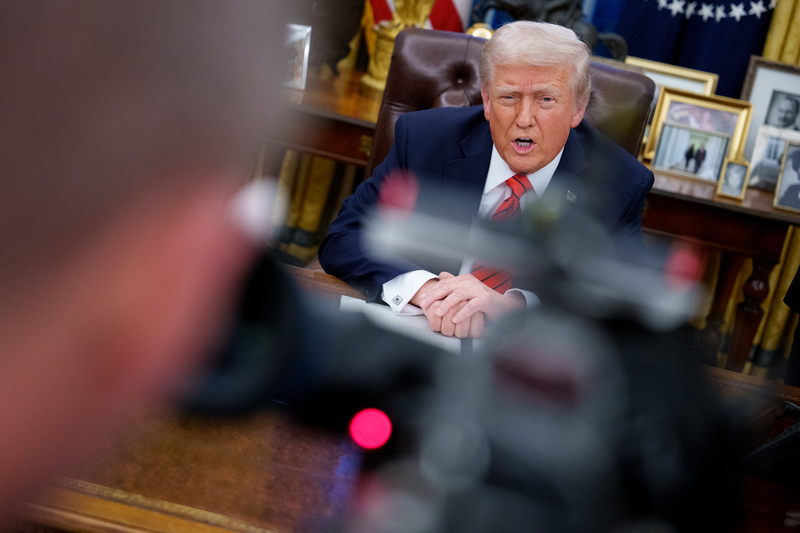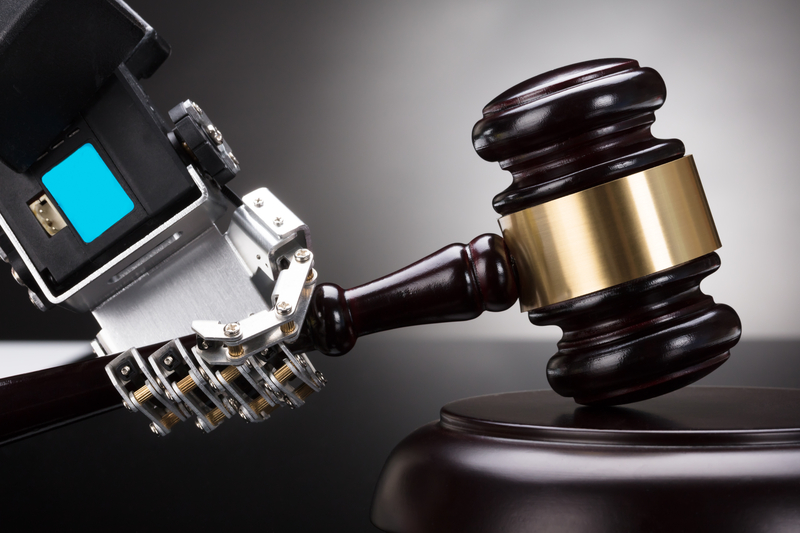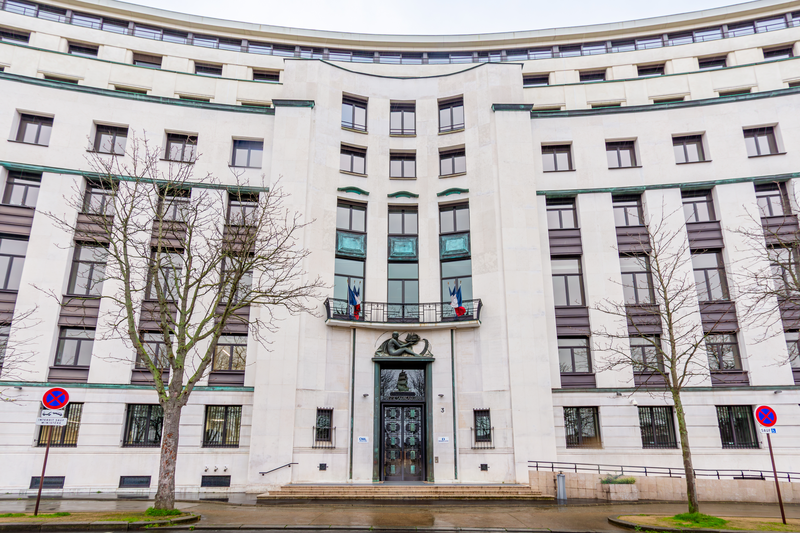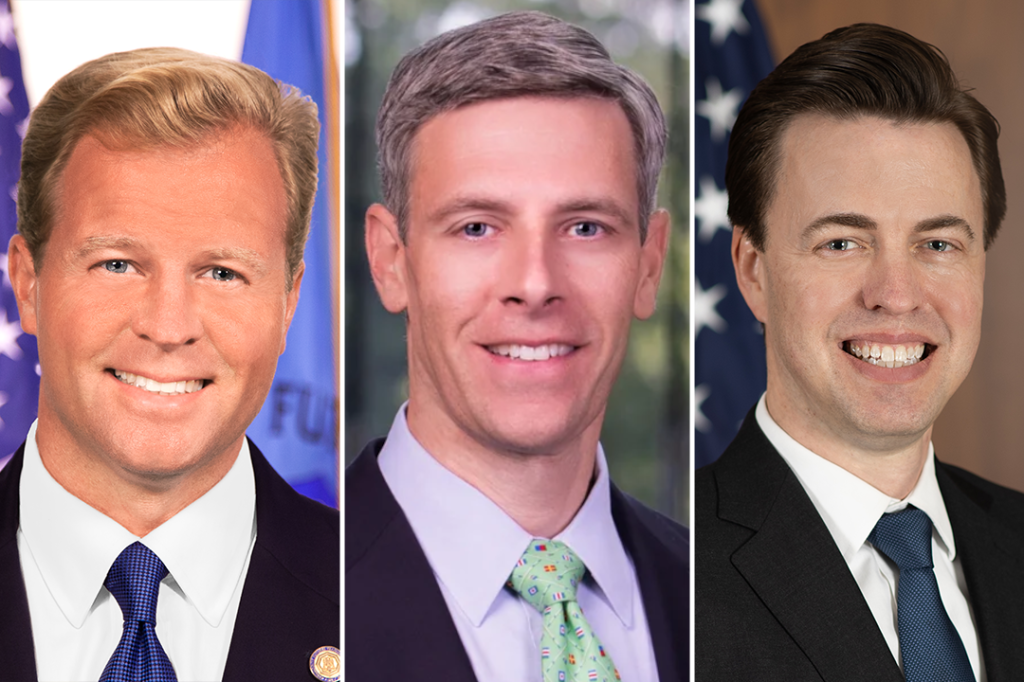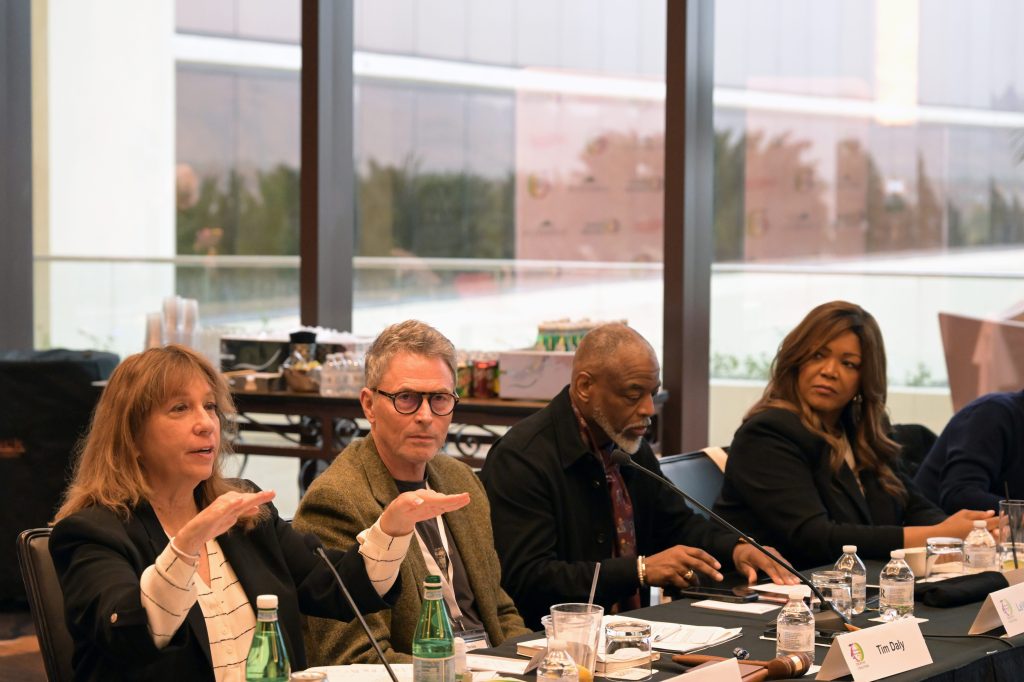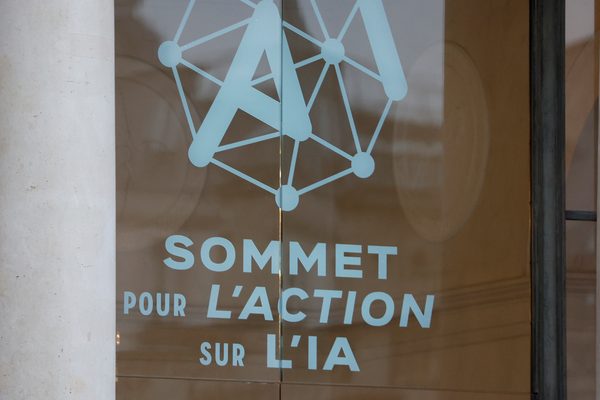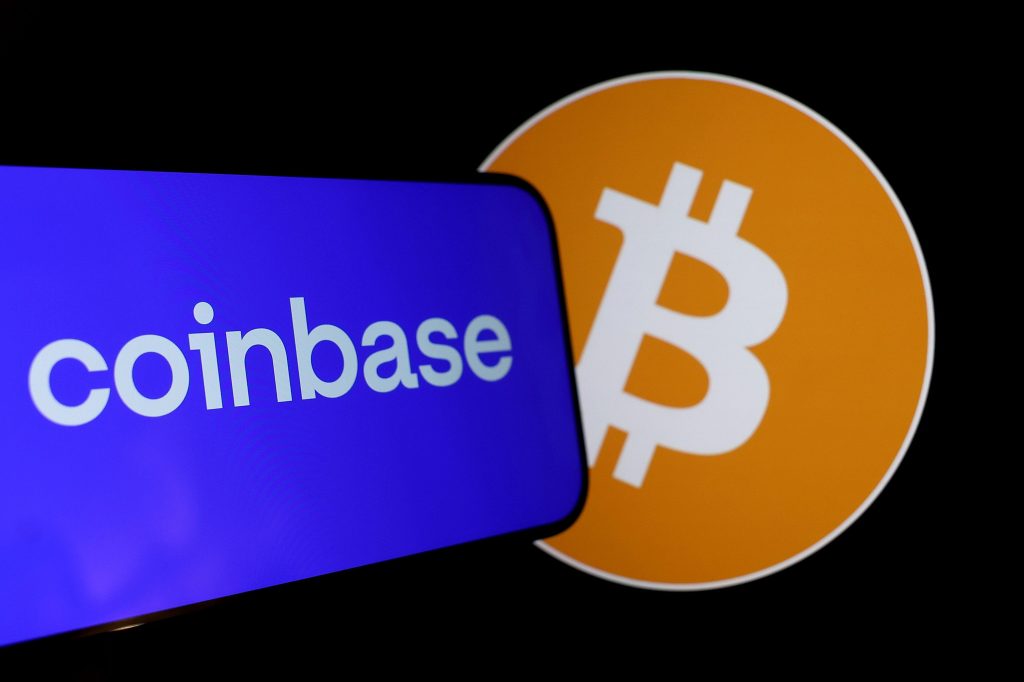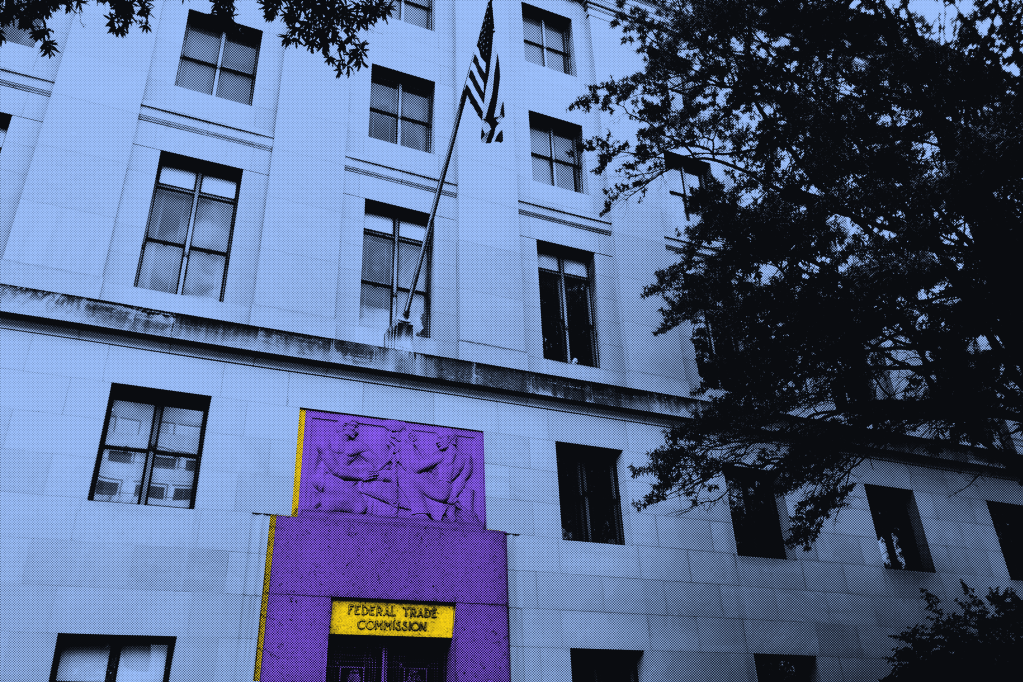The recent announcement from the White House and DOJ to pause enforcement of the Foreign Corrupt Practices Act (FCPA) represents a stunning and short-sighted reversal of decades-long US leadership in combating corruption. This shift has startled businesses and compliance professionals worldwide. Many have viewed the FCPA and the US DOJ Evaluation of Corporate Compliance Program (ECCP) guidance as a bedrock and litmus test for ethical business conduct.
Far from leveling the playing field and conferring a competitive advantage, this move threatens to plunge companies into a race to the bottom, exposes companies to escalating risks, reputational harm, increased costs, and an erosion of trust.
This article explores the real-world consequences of pausing the FCPA, exposing how it undercuts America’s global standing, compromises national security, and ironically weakens the very companies it’s supposed to benefit. Furthermore, this pause emboldens bad actors globally, increasing the frequency and amount of bribes, which in turn fuels greater instability and economic distortion.
Context and impact
Progress at Stake
Decades of US Leadership: Since President Carter signed the FCPA in 1977, the US has led global anti-corruption efforts, spurring international frameworks like the OECD Anti-Bribery Convention and more recently focusing on demand-side corruption via legislation such as FEPA (2023). This leadership has helped create a level playing field, compelling companies worldwide to adhere to higher ethical standards.
International exposure: A pause in US enforcement does not remove liability in other countries. Many global regulators (e.g., UK, France, Canada) aggressively pursue bribery cases. Information sharing among authorities means an incident uncovered in one jurisdiction can quickly become a multi-country investigation.
A false premise
Misguided ‘competitive edge’: The claim that halting FCPA enforcement makes US businesses more competitive is deeply flawed. Corruption skews markets, inflates costs, and sparks a race to the bottom on bribery – rather than rewarding quality, innovation, or service.
National security and criminal networks: By taking a step back from robust enforcement, the US unintentionally aids criminal syndicates and terrorist groups that thrive on corrupt systems. Encouraging or ignoring bribery also undermines global stability and, by extension, American strategic interests and security.
The Reality of FCPA enforcement: The Administration’s false claim of “overexpansive and unpredictable FCPA enforcement” excessively targets US companies ignores both historical evidence and enforcement statistics, which show the majority of FCPA actions have actually targeted non-US entities.
Bribery distorts markets, increases costs, and spawns ever-escalating demands. In a world that increasingly values transparent, responsible business practices, reducing oversight is likely to compound risk rather than mitigate it.
Risk beyond the pause
Civil litigation and shareholder actions: Even if DOJ prosecutions slow, civil lawsuits from shareholders, civil society, and competitors will intensify. Companies can face massive damages, legal fees, and leadership shake-ups.
Heightened due diligence: Government agencies, banks, insurers, and bonding firms will impose stringent due diligence when a company is suspected of bribery or lax controls. This leads to significant delays, added expenses, and potential lost business opportunities.
Statute of limitations and future enforcement: “Pausing” enforcement does not decriminalize bribery. The FCPA remains on the books, with a potential five-year statute of limitations still looming – today’s actions can become tomorrow’s prosecutions.
Global legal exposure and reputational risk: Meanwhile, companies operating globally still face anti-corruption laws in other jurisdictions, as well as civil and reputational liabilities. Board members and senior leaders must weigh the long-term damage of relaxing controls against any short-term advantage.
Culture and organizational risk
A strong compliance culture takes years – sometimes decades – to build. Trust, transparency, and consistent messaging from leadership are essential. When enforcement is paused, the perceived importance of anti-corruption can wane, unleashing dangerous internal consequences. No short-term advantage from bribery can compensate for the long-lasting consequences of a compromised ethical culture.
This pause creates a dangerous narrative: business leaders may weigh the perceived rewards of bribery against the risk of enforcement and decide the short-term benefits are worth it. Such reasoning poisons organizational culture, sending a message that corner-cutting is acceptable – and even encouraged. Inevitably, emboldened employees who see senior managers paying bribes may rationalize their own unethical or illegal acts (for example, fraud, theft) under the guise of “If they can do it, why can’t I?”
Strong leadership and a robust E&C (ethics and compliance) framework are vital to protect organizational integrity. Upholding ethical standards is not only a legal obligation – it’s an investment in a resilient, values-driven culture that attracts top talent, fosters innovation, and creates sustainable growth.
Business case for integrity
Leading organizations already invest in robust E&C frameworks because integrity fosters growth, innovation, and stakeholder trust. They won’t suddenly pivot to unethical conduct just because of a DOJ “pause.” Companies that choose to exploit this lull risk alienating partners, customers, and suppliers committed to doing the right thing. A short-term bribe might undercut a competitor temporarily, but it can derail a hard-earned reputation overnight.
Paradoxically, this pause may increase compliance headaches as M&A, JV, and supply chain partners and other entities require more rigorous due diligence on US firms for corruption risks, driving up costs, causing delays, and undercutting any supposed ‘competitive edge.’
Corruption is bad for business
Over decades of enforcement and empirical data, bribery has proven time and again to be unsustainable. Most business leaders are well aware of the inherent risks, realizing that a pause in FCPA enforcement does not change the fundamental fact that corruption destroys trust and fuels inefficiency.
A robust E&C culture and anti-corruption program have been proven to be a competitive business advantage. By reducing risks and costs, increasing productivity, enhancing efficiencies, and protecting profitability, companies position themselves for long-term success. Organizations with strong anti-corruption frameworks are more attractive to investors, employees, and customers who value integrity and stability.
Reality check
This inane and unjustifiable FCPA pause will not influence or motivate most companies to suddenly eliminate their anti-corruption or E&C policies and start paying bribes just because the Trump administration has stopped FCPA enforcement. Given the fact that it took years to build robust E&C programs and cultures, to “temporarily” revert back to playing Russian roulette with reputation and profits and allow bribes would be destructive, reckless and frankly stupid.
Considering the already challenging global business environment – further aggravated by chaotic and unpredictable trade policies courtesy of the same US administration – the last thing companies want to deal with is greater risk and uncertainty by encouraging bribe payments. Most companies who have applied lessons learned, have adopted best practices and have experienced the benefits and ROI of E&C programs and culture are not likely to gamble away their hard-earned trust, reputation and financial future on a bribe.
Only companies with no moral compass or those driven purely by greed and short-term gains will celebrate this pause. But those are the same companies that were paying bribes even when the FCPA was being enforced. The other unintended consequence of this pause is that bad actors around the world will now feel emboldened to demand and extort bribes. Instead of protecting US business interests, this move by the Trump administration has actually increased corruption risks for US companies and their global peers.
Call to action
In the absence of firm political leadership and the abdication of the US administration to abide by international conventions to address the destructive impact of corruption, the mantle now falls to responsible companies, business leaders, other governments and the multitude of stakeholders. They must continue to uphold anti-corruption standards, champion fair practices, and advocate for strong, consistent enforcement.
This isn’t just a legal consideration but a moral and fiduciary responsibility. History will not look kindly on those who abandon their obligations under false pretenses of “competitive advantage.” If the majority of US firms hold the line and maintain their commitment to integrity and responsible business practices, they will influence their peers to follow suit and help foster competitiveness on a level playing field.
Looking ahead
The fight against corruption has always been bigger than any single administration. Despite this misguided pause, the majority of global stakeholders –governments, NGOs, civil society, and forward-thinking corporations – remain committed to combating corruption. This collective resolve will endure well beyond short-term political shifts.
Organizations that stand by their commitment to ethics, even amid a US enforcement pause, will be better positioned for sustainable success. They’ll face fewer legal risks in foreign jurisdictions, maintain stronger relationships with business partners, and preserve hard-earned brand equity.
Ultimately, the “pause” in FCPA enforcement is short-sighted: it undercuts US leadership, emboldens bad actors, heightens global security threats, and may drag compliant organizations into a race to the bottom. The real path to competitiveness lies in transparency, accountability, and fairness – values that cannot be paused without incurring steep costs down the line.
Bottom line
The FCPA pause is a reckless retreat from a proven strategy that benefits both business and society. Let’s remember:
- Corruption isn’t a cost-saver; it’s a heavy burden.
- Trust and transparency breed stability, investment, and sustained success.
- Leaders determined to do business ethically will continue to do so, law or no law.
- Poisoning culture today can inflict damage that no future compliance measure can easily repair.
- Collective action and having a strong E&C culture anchored in a risk management mindset will allow companies to better navigate these challenging times focus on long term success.
If we truly care about US competitiveness and organizational longevity, our path is clear: renewed commitment to robust ethics and compliance, not a rollback.
Pat Poitevin, CACM, TASA: Corporate ethics, compliance and financial crime expert.
Pat is the Co-Founder & Executive director for the Canadian Centre of Excellence for Anti-Corruption (CCEAC) & CEO of Active Compliance and Ethics Group Inc.

